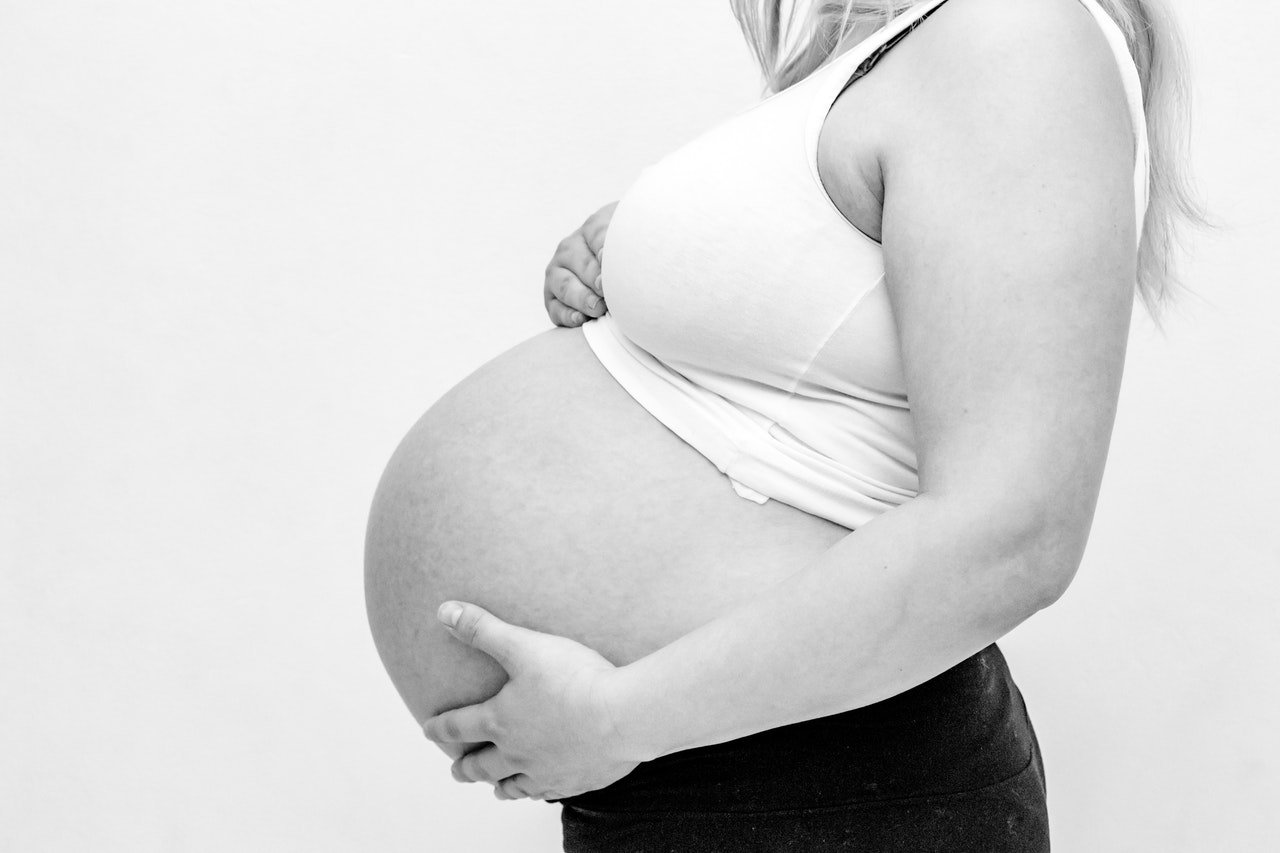Canker Sores Pregnancy

The physical and emotional changes that women experience during pregnancy can be quite profound, affecting nearly every aspect of their health. One common issue that many pregnant women face, yet often overlook in discussions about more prominent pregnancy symptoms, is the occurrence of canker sores. Also known as aphthous ulcers, canker sores are small, shallow lesions that develop on the soft tissues in the mouth, such as the tongue, inner cheeks, and lips. They can be painful and may make eating, drinking, and even talking uncomfortable.
Understanding Canker Sores
Before delving into the specifics of canker sores during pregnancy, it’s essential to understand what they are and what causes them. Canker sores are not the same as cold sores, which are caused by the herpes simplex virus and are highly contagious. Unlike cold sores, canker sores are not contagious and are more likely to be triggered by factors such as stress, tissue injury, certain foods, and vitamin or mineral deficiencies.
Canker Sores and Pregnancy: What’s the Connection?
Pregnancy brings about a multitude of physiological changes, including hormonal shifts that can affect various parts of the body, including the mouth. The surge in estrogen and progesterone levels, alongside changes in the immune system, may contribute to an increase in canker sores during pregnancy. Additionally, nutritional deficiencies, particularly in folate, vitamin B12, and iron, which are common during pregnancy due to increased demands, can also predispose women to canker sores.
Causes and Triggers
Several factors may trigger canker sores during pregnancy, including:
- Hormonal Changes: The fluctuation in hormone levels can affect the mucous membranes in the mouth, making them more susceptible to irritation and the development of canker sores.
- Nutritional Deficiencies: Deficiencies in essential nutrients can impair the body’s ability to heal and maintain healthy tissues, potentially leading to canker sores.
- Stress: Increased stress levels, which are common during pregnancy, can weaken the immune system and increase the risk of developing canker sores.
- Oral Health: Poor oral hygiene and gum disease can increase the risk of canker sores.
Managing Canker Sores During Pregnancy
While canker sores can be uncomfortable and may seem like a significant issue, especially during the already challenging time of pregnancy, there are several strategies that can help manage them:
Topical Treatments
- Over-the-counter (OTC) gels or creams: These can help reduce pain and inflammation. However, it’s crucial to consult with a healthcare provider before using any medication during pregnancy.
- Saltwater Rinses: Rinsing the mouth with warm salt water several times a day can help reduce swelling and ease pain.
Dietary Changes
- Avoid Trigger Foods: Some foods, such as spicy, acidic, or sharp foods, can irritate the sores and prolong healing. Identifying and avoiding these trigger foods can help.
- Maintain a Balanced Diet: Eating a diet rich in fruits, vegetables, whole grains, and lean proteins can help ensure that the body is getting all the necessary nutrients for optimal health and healing.
Stress Management
- Practice Relaxation Techniques: Stress can exacerbate canker sores. Engaging in stress-reducing activities such as meditation, yoga, or deep breathing exercises can help manage stress levels.
When to Consult a Healthcare Provider
While canker sores are generally not a cause for concern and can be managed with home remedies, there are instances where it’s essential to consult a healthcare provider:
- Persistence or Recurrence: If canker sores persist, recur frequently, or are particularly large or painful.
- Difficulty Eating or Drinking: If the sores make it difficult to eat or drink, leading to concerns about nutrition or hydration.
- Fever or Swollen Lymph Nodes: These could be signs of infection, which requires medical attention.
Conclusion
Canker sores during pregnancy can be an uncomfortable and frustrating experience, but they are generally manageable with the right approach. By understanding the potential causes and triggers, and by incorporating simple management strategies into daily life, pregnant women can reduce the occurrence and discomfort of canker sores, ensuring a healthier and more comfortable pregnancy journey.
What are the most common causes of canker sores during pregnancy?
+The most common causes include hormonal changes, nutritional deficiencies, stress, and poor oral health. These factors can weaken the body’s ability to maintain healthy mucous membranes in the mouth, leading to the development of canker sores.
How can I manage canker sores during pregnancy?
+Managing canker sores during pregnancy involves a combination of topical treatments, dietary changes, and stress management. Over-the-counter gels or creams can help reduce pain, while avoiding trigger foods and maintaining a balanced diet can support healing. Practicing relaxation techniques can also help manage stress, a common trigger for canker sores.
When should I consult a healthcare provider about canker sores during pregnancy?
+It’s essential to consult a healthcare provider if canker sores persist, recur frequently, or are particularly large and painful. Additionally, if you experience difficulty eating or drinking due to the sores, or if you have symptoms of infection such as fever or swollen lymph nodes, you should seek medical attention.
